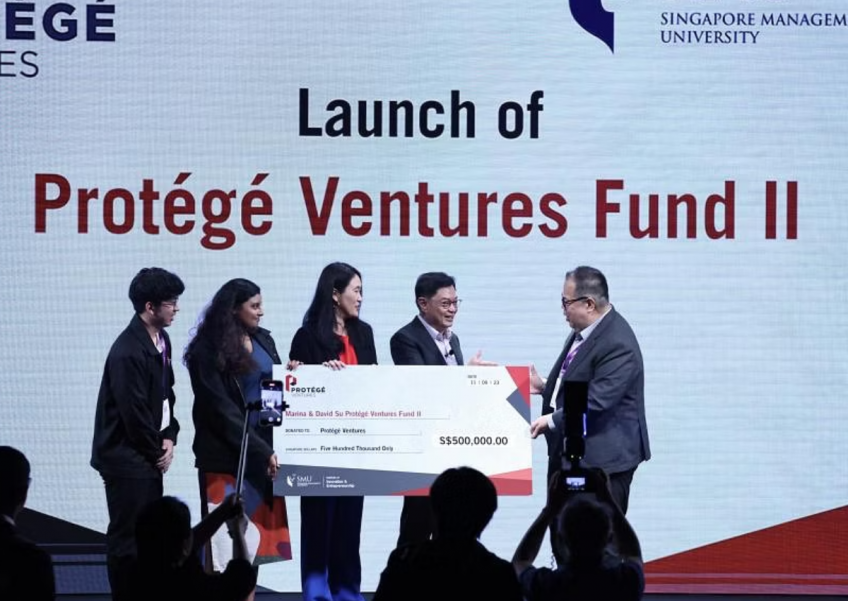Singapore's 'single layer of government' allows innovators to develop solutions quickly: DPM Heng


SINGAPORE - Singapore can be a trusted node for science, technology and innovation amid global challenges, and its nimble regulatory environment allows innovators to develop prototypes quickly, said Deputy Prime Minister Heng Swee Keat on Monday (Sept 11).
"Singapore is a little city and this allows us to prototype solutions faster than many other places. We have one single layer of government - if you need regulatory approval, it can be done quickly," he said during a fireside chat on South-east Asia's start-up ecosystem at the 11th Lee Kuan Yew Global Business Plan Competition (LKYGBPC).
He added that Singapore can be a place where the best talents around the world gather to do research and foster innovation and entrepreneurship.
Mr Heng, who is also Coordinating Minister for Economic Policies, said that if start-ups can develop sound prototypes and solutions, they can conduct their trials in Singapore and demonstrate their feasibility in an urban environment.
"The world's population is concentrated in cities. I hope that these solutions can be deployed at scale in Asia and globally," he said at the event held at Singapore Management University (SMU).
According to Startup Genome, a research and policy advisory firm focused on measuring the success of global start-up ecosystems, Singapore is ranked eighth. In Asia, it is ranked third, behind Tel Aviv (No. 5 globally) and Beijing (No. 7 globally).
The Republic is currently home to approximately 4,000 tech start-ups and 200 incubators, and has consistently ranked among the top 10 countries in the Global Innovation Index. It is also among the world's top 15 countries for ease of source funding, according to Startup Genome.
Mr Heng also said that Singapore can work on solutions in areas such as fintech and sustainability.
"I believe that fintech will change the banking system significantly," he said.
Citing Singapore's 30 by 30 goal, which aims to build the agri-food industry's capability and capacity to sustainably produce 30 per cent of the nation's nutritional needs locally by 2030, Mr Heng said that ideas such as plant-based products can be important solutions towards the goal.
"How do we create a regulatory environment that allows us to ensure that these products are safe? These are the important areas Singapore can work on," he said.
LKYGBPC is a biennial university-led start-up challenge in Singapore organised by SMU's Institute of Innovation and Entrepreneurship. The event, held from Sept 11 to 14, will feature 53 teams representing 1,100 universities across 77 countries.
At the event's opening ceremony on Monday, Mr Heng witnessed the launch of the Protege Ventures Fund 2, a $500,000 fund by Singapore's only student-led venture fund programme to provide student investors with capital to invest in early-stage technology start-ups founded by students or recent graduates.
This article was first published in The Straits Times. Permission required for reproduction.